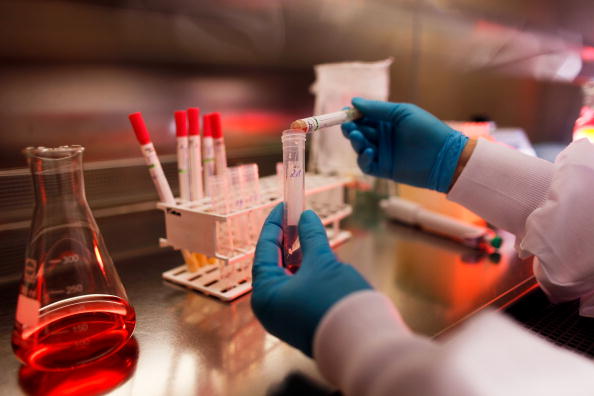
Chronic fatigue syndrome (CFS) has long been downplayed or derided because there is no specific test for it. This week, researchers announced finding biomarkers in patients, which helps to show that the conditions is biological rather than a psychological disorder. These biomarkers may lead to tests that can help diagnose CFS.
Researchers at Columbia, Stanford, and Harvard universities tested blood from several hundred people with and without CFS for substances called cytokines, which are proteins that act as communicators for the immune system. When they divided the CFS patients into two groups, those who had the condition for less than 3 years and those who had it longer, they found sharp difference in the levels of cytokines and these levels also differed from those in the healthy group. Patients who had had CFS less than 3 years had a prominent activation of cytokines, while those who were ill longer had less cytokine activity.
These cytokines may lead to tests for CFS, which can help diagnose the condition and help allay doubt about the syndrome's existence. "We now have evidence confirming what millions of people with this disease already know -- that ME/CFS isn't psychological," said Mady Hornig, an associate professor of epidemiology at Columbia University, who is a co-author of the study.
Chronic fatigue syndrome is sometimes called myalgic encephalomyelitis (ME). The Institute of Medicine recently suggested renaming it systemic exertion intolerance disease. CFS is debilitating condition marked by disabling physical and mental fatigue, muscle and joint pain, and problems with concentration and memory. No one knows the cause and there is no cure, although most cases appear to occur after a viral infection. Cognitive behavior therapy has helped some sufferers. CFS affects about 17 million people worldwide and one million people in the United States.
The study was published in the journal Science Advances.
